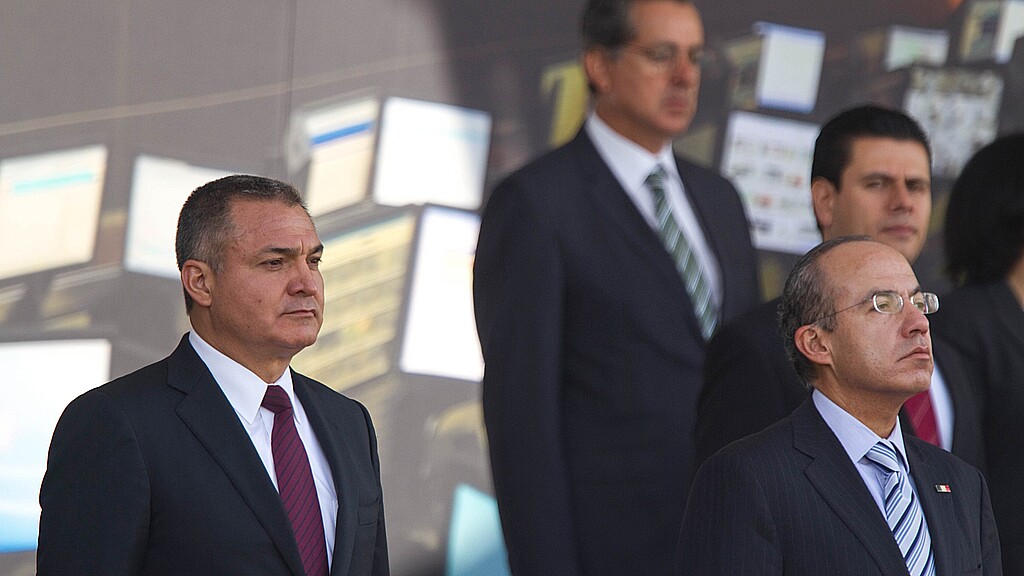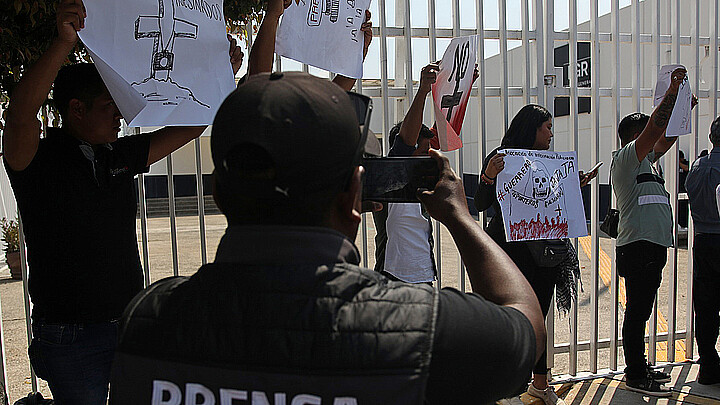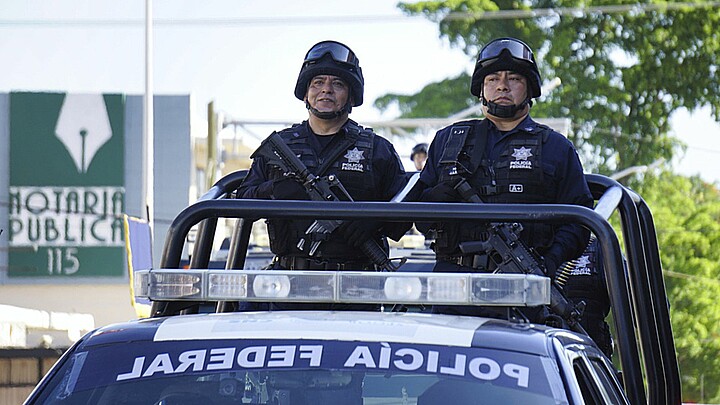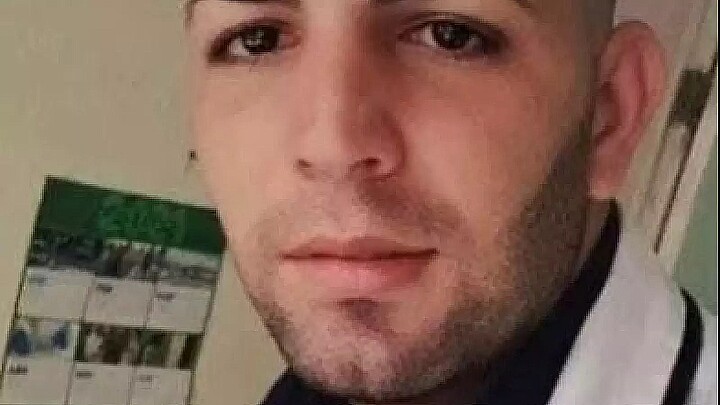Crime
Guilty: U.S. prosecutors convict former Mexican top cop for cartel drug trafficking
Former Public Security Secretary Genaro García Luna’s conviction marks a watershed moment in which the U.S. convicted one of the highest ranking Mexican officials in its prosecutorial history

February 22, 2023 8:23am
Updated: February 26, 2023 9:18am
A former Mexican presidential Cabinet member was found guilty in a U.S. federal court on Tuesday of accepting bribes to shield the drug cartels responsible for harming the people he was appointed to protect.
In a rare showing with amped up security, an anonymous New York federal court jury returned a guilty verdict against former Public Security Secretary Genaro García Luna after three day deliberations.
His conviction marks a watershed moment in which the U.S. convicted one of the highest ranking Mexican officials in its prosecutorial history.
García Luna, who pleaded not guilty and fought the charges all the way through trial formerly headed the infamous Mexican federal police known commonly in the U.S. as “federales.”
He was in charge of the nation’s law enforcement apparatus from 2006 to 2012. While prosecutors depicted the former top cop as corrupt, defense lawyers insisted the U.S. Attorney’s case was based on testimony and witness statements from bitter cartel members who wanted revenge—and a chance to to reduce their own sentences by cooperating with authorities.
García Luna’s case shines a light on the internal political problems within Mexico. Mexican President Andrés Manuel López Obrador has repeatedly blamed ex-President Felipe Calderón for appointing the high level law enforcement official.
After the verdict was read, López Obrador’s office didn’t hesitate to politically capitalize on the moment.
The president’s spokesperson, Jesús Ramírez, tweeted that “justice has come” to a Calderón appointee and that “the crimes committed against our people will never be forgotten.”
But Calderón wasn’t the only one who trusted García Luna. The United States also considered the former politico to be a trusted ally in the war against cartels and even directed massive funds to Mexican law enforcement to help them in their battle.
In 2008, the U.S. launched the Merida Initiative, and distributed $1.6 billion to help the Mexican government help fight the cartels.
In 2019, López Obrador rebuked the U.S. offer for help and said he wanted money for infrastructure instead.
“[We] don’t want aid for the use of force, we want aid for development,” he explained, insisting that the country had resources to train its own members of the Mexican National Guard.
That same year, García Luna was arrested by federal prosecutors from the Eastern District of New York, one of America’s most proactive prosecutorial zones in the nation.
The 51-year old, who was residing in Florida at the time was arrested in Dallas and was charged with three counts of cocaine trafficking and making false statements to U.S. officials.
Some of the charges stemmed from El Chapo’s former trial in which cartel members testified they personally made payments totaling $6 million to García Luna. Those payments were made during meetings at Mexican restaurants in 2005 and 2007, the witnesses said.
Upon his arrest, U.S. Attorney Richard P. Donoghue said García Luna shielded the cartels “while he controlled Mexico’s federal police force and was responsible for ensuring public safety in Mexico.”
EDNY said that other witnesses also corroborated that they had paid García Luna tens of millions of dollars to enable the Sinaloa cartel to safely transport tons of cocaine into the U.S.
While López Obrador did not ever actually accuse the U.S. law enforcement apparatus of wrongdoing, he implied in 2020 that his neighbors to the north investigate their own officials in Washington for potential corruption.
“I think the U.S. government should, now that the investigation has started, get to the bottom of this and also investigate officials from the DEA, the CIA and the FBI who were involved at the time, because there was without doubt cooperation, they worked together,” the Mexican president said.
During the trial, the now 54-year old former top cop declined to testify although his wife did. She tried to make sense of their accumulated wealth, insisting they had saved money, never reaching a point of actual affluence.
The married couple left Mexico and relocated to Miami in 2012 where he became a security consultant.
“Nothing backs up what these killers, torturers, fraudsters, and epic narcotics traffickers claimed about Genaro García Luna,” defense lawyer César de Castro insisted during a closing argument.
He said the prosecutorial case was largely circumstantial and testimonial lacking direct evidence or documentation.
García Luna’s sentencing is scheduled for June 27. Since he was convicted of a participating in a continuing “criminal enterprise” he will face a sentence of 20 years to life in federal prison.
Among the many revelations that came out in the trial were stories about how García Luna’s collusion with the cartels may have helped them fuel violence and deadly acts against innocent law enforcement agents who were trying their hardest to stop the cartels.
There were other stories about brutal violence against cartel rivals.
Several Mexican arrest warrants remain outstanding for García Luna for his alleged participation in fraudulent contracts and his purported participation in the notorious Fast and Furious investigation that funneled firearms from the U.S. to Mexico’s drug cartels.











